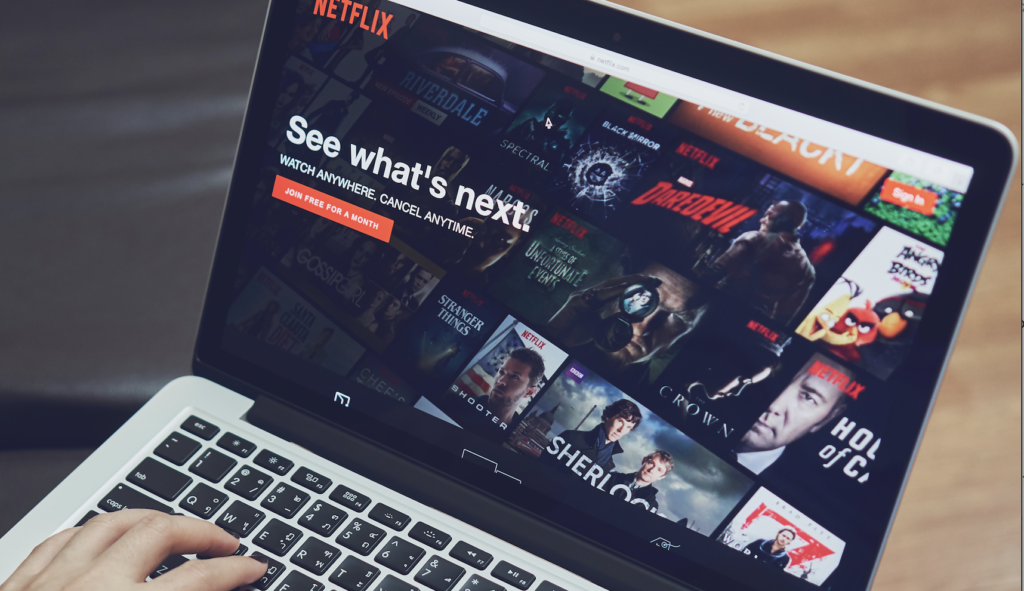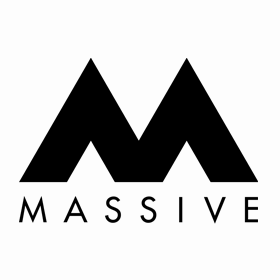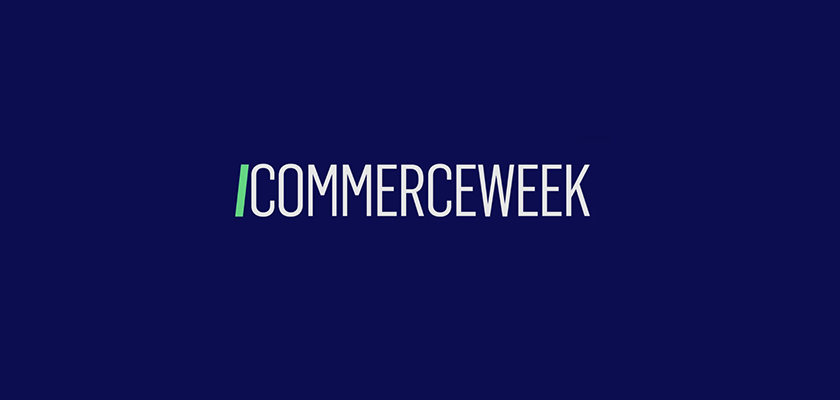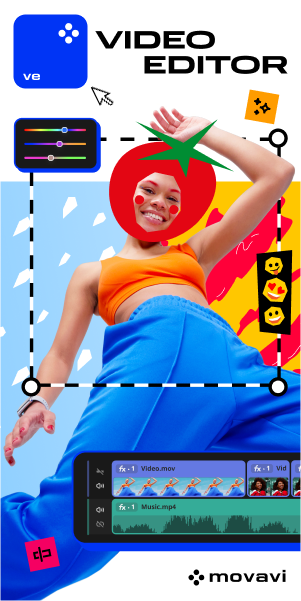
The Impact of AI on Digital Marketing: How It Affects Agencies?
No need to say but a good start: The use of AI in digital marketing has emerged as a transformative force, leaving a mark on various industries.
But mostly, digital agencies hugged AI, aware of its potential to optimize their operations; both in service and customer management. Drawing from the insights uncovered in the McKinsey Analytics Global AI Survey, 63 percent of respondents have reported revenue growth, attributing it to their adoption of AI within their respective business units.
What’s even more is that high-performing companies find themselves nearly 3 times more likely to witness revenue gains exceeding 10 percent, thus underscoring the profound influence of AI in reshaping the digital ecosystem.
The same study also found that AI adoption in digital agencies has decreased unit costs by at least 10 percent, on average. So, it’s crystal clear that AI made great waves in digital marketing; both in positive and negative ways. Let’s discover them now.
Understanding the Impact of AI on Digital Marketing
AI is already transforming the way we market. It’s helping us to better understand our customers, create more relevant content and deliver more personalized experiences.
David Ogilvy, Chairman of Ogilvy & Mather
First thing first; let’s break down the importance of digital marketers understanding the impact of AI.
It is the talk of the town that AI enables marketers to achieve an unprecedented level of personalization by crafting customized content, product suggestions, and marketing communications for each customer, all based on their behaviors & previous preferences. We also know that getting the mechanics of AI-driven personalization is essential for successful marketing strategies nowadays.
However, having info about all of them does not mean we understand the impact of AI on digital marketing. Things AI brings to the marketing table are more. In terms of data management and automation, AI is getting more powerful day by day, and taking over a great number of responsibilities, including tasks like data crunching, A/B testing, and audience categorization. That also means that marketers now have more time for creative and strategic thinking.
What’s more, through AI-powered analytics, digital marketers gain the ability to predict customer actions plus trends, which empowers them to establish decisions on data-driven insights and adapt strategies.
On the other hand, AI is undoubtedly having a major impact on marketing, and that influence is only going to grow in upcoming years. That fact means that digital marketers (and digital agencies) need to understand how AI works and how it can be used to improve their marketing campaigns to stay ahead of the competition. In other words, marketers who understand AI will be better positioned to succeed in the rapidly changing marketing landscape.
Let’s go on by focusing on more specific areas.
The Role of Artificial Intelligence in Modern Digital Marketing
AI is the future of marketing. It’s the only way to scale and personalize marketing at the same time.
Scott Brinker, Co-Founder and CEO of ChiefMartec
As we mentioned before, AI & AI-powered tools and platforms are being used to automate some marketing tasks, personalize customer experiences, and make better decisions at every stage of the sales funnel nowadays. And that is what turns traditional marketing efforts into modern marketing activities; as you already know, modern marketing strictly relies on high-tech tools to reach and engage customers. This includes ways like social media marketing, search engine optimization, PPC, email marketing, and more – not relying on print ads, TV commercials, and so on.

At this point, it is possible to say that, AI and related tools, platforms, and tech-driven efforts create the thing we call “modern marketing,” which is totally focusing on customers and specific needs & desires. Today, digital marketers commit themselves to understanding and meeting the needs and wants of customers, unlike their old fellows who were embracing a product-centric approach. Creating that kind of customer-oriented approach is possible with marketing-related tech and, of course, artificial intelligence
Once again: It’s no secret that modern marketing has been transformed by AI. Thanks to the data-driven insights provided by AI, marketers are now able to create tailored experiences for each customer based on their unique preferences and interests.
However, what really are the key technologies transforming digital marketing? Keep reading.
Key AI Technologies Transforming Digital Marketing
AI is the next big wave in digital marketing. It’s going to change the way we do everything from targeting and segmentation to content creation and campaign optimization.”
Brian Solis, Principal Analyst at Altimeter Group
An open secret: Digital marketing is undergoing a huge transformation, and some key technologies are driving that great change.
As we previously mentioned, one of the most notable actors in this transformation is AI – which is reshaping marketing strategies by automating various tasks, enabling more personalized CX, and boosting data-driven decision-making.
For instance, AI is used for creating personalized content, real-time marketing campaign optimization, and providing responsive client support. A practical illustration of this is Netflix, which employs AI to analyze viewers’ choices and suggest custom/similar content, leading to greater user & customer engagement and the rapid growth of its platform. Similarly, Amazon effectively operates AI to analyze customer data and deliver product recommendations, resulting in higher conversion rates and increased sales.

Machine Learning, a.k.a ML, is another “game-changer” in the digital marketing industry. As digital marketers already know, machine learning empowers computers to learn from data, make predictions, and offer recommendations without direct programming. In the world of digital marketing, machine learning has paved the way for personalized content, customer behavior prediction, and marketing task automation.
Spotify is a great real-world example where AI and ML are employed together to analyze customer/user habits. The platform uses machine learning tech to scrutinize user listening habits and create customized playlists (and, of course, this enhances the CX, boosts customer loyalty, and keeps subscribers engaged.)
Another key tech is Natural Language Processing (NLP), which allows computers to understand & process human language. When it comes to its role in digital marketing, NLP has become a great way to analyze customer feedback, generate content, and optimize SEO by offering AI-powered tools.
These technologies actually answer the question of why artificial intelligence matters in the digital world; however, we’ll deep dive into that topic. Keep reading.
Why Does AI Matter in the Digital Marketing Landscape?
AI is helping us to better understand our customers and their needs. This is leading to more effective marketing campaigns and improved ROI.
Rand Fishkin, co-founder of Moz
Undeniably, the value of artificial intelligence in the realm of digital marketing is substantial and multifaceted, a fact underscored by numerous persuasive arguments. Kicking things off, it streamlines processes and frees up hours by mechanizing routine and repetitive duties; this mechanization allows marketers to channel their focus into more innovative and tactical endeavors.
Moreover, it’s worth noting that AI equips promoters with the ability to curate deeply tailored strategies by comprehending their potential clients and amassing relevant data, thereby unearthing customer inclinations and necessities.
Furthermore, artificial intelligence illuminates our understanding of consumer habits by dissecting massive amounts of information such as online navigation records, buying trends, and interactions on social platforms. Leveraging these revelations allows companies to refine their promotional approaches, fostering a more gratifying customer journey and boosting the return on investment. With AI at the helm, businesses can fine-tune and calibrate their marketing strategies to a T, ensuring they hit the bullseye with improved outcomes.
When it comes to chatbots and virtual assistants, AI delivers round-the-clock customer support and real-time query resolution; social media tools powered by artificial intelligence are instrumental in identifying plus targeting the right audiences, scheduling posts, and analyzing overall performance.
The Impact of AI on Digital Marketing Agencies
AI is having a profound impact on digital marketing agencies, from the way they operate to the services they offer.
Mark Ritson, Marketing Professor at London Business School
The Advantages of AI Adoption for Digital Marketing Agencies
It’s time to explore some more advantages tailored to digital marketing agencies, where AI is the shining star.
The entrance of AI into the digital marketing hall opens up a treasure trove of new services for agencies to offer their clients, like personalized content, automated marketing campaigns, optimized marketing strategies, and customer behavior prediction.
Besides, AI isn’t just a backstage act; it’s also centered on boosting client satisfaction. By taking advantage of AI, digital marketing agencies now can shoot for the stars in deliver outstanding results. They can create marketing campaigns that are more on the mark, driving higher conversion rates plus juicier ROI.
Additionally, AI is a great tool in the arsenal that allows modern agencies to up their competitive game. It’s like having a trusty sidekick that automates tasks, cuts down costs, and amps up productivity, making sure agencies deliver their services with top-notch efficiency.
With AI persisting to evolve, the marketing ecosystem can eagerly expect a future brimming with even more innovative and effective ways to harness its power, pushing digital marketing into new and exciting territories for AI marketing campaigns.
Challenges and Considerations for Digital Marketing Agencies Using AI
We have actually outlined the positive impact of AI & related techs on the digital marketing industry, particularly in areas where the human touch is vital. For this reason, we will now focus on addressing the potential drawbacks or what may seem negative aspects of AI from the perspective of digital agencies.
But, as we delve into the potential “dark side” of AI, looking through the lens of digital agencies, we uncover a few wrinkles. First up is the threat of job displacement. AI’s growing smarts mean it can now muscle into territory previously ruled by human marketers, potentially causing a reshuffling of the workforce in the digital world.
Ethics is another issue; as AI’s power to create super-personalized marketing campaigns teeters on the edge of manipulating consumers. It’s also got a talent for collecting consumer data without them even realizing it, ringing alarm bells for privacy and transparency in the marketing arena.
And last but not least, there’s the issue of bias. AI algorithms can unwittingly memorialize biases lurking in the data they’ve been fed, and it can lead to one-sided treatment in digital marketing efforts.
Striking that balance between the opportunities AI offers and the ethical and workforce challenges it poses is the name of the game. To deal with these curveballs, digital marketing agencies should keep the training wheels on for their staff, making sure they’re well-equipped with the skills. It’s also a good call to savvy needed to master AI while keeping that human touch and the ethical compass intact.
Real-World Examples of AI in Digital Marketing
AI is enabling us to automate many of the repetitive tasks involved in digital marketing, freeing up our time to focus on more strategic and creative work.
Jenny Campbell, CMO of Salesforce Pardot
Let’s explore AI use cases in the real world together.
Uber – AI for CX
Standing as a trailblazer in the realm of AI in digital marketing, Uber is a great example that uses AI to span various aspects, including personalizing the customer experience, optimizing ad targeting, automating tasks, and gaining insights into customer behavior.
By using AI effectively, Uber offers recommendations for rides, restaurants, and other services by analyzing users’ location, travel history, preferences, and other factors. The “Predictive Demand” campaign is a standout example of Uber’s AI-driven, comprehensive approach, aimed at forecasting customer demand for rides while optimizing the driver fleet. By examining recorded ride data, weather conditions, and more, the brand could anticipate ride requests at different times/locations, resulting in a more efficient allocation of drivers to meet customer demand.
Domino’s – AI for Advertising on Social Media
Another brand taking full advantage of AI is the well-known Domino’s; the brand creates the targeting of its social media ads but also sustains an ongoing process of fine-tuning & optimization. That process involves diving deep into a vast ocean of data, to find those pearls of patterns and trends in user behavior.
At the first step, the brand located itself as an ally of social media users by asking them funny questions or inviting them to vocal their preferences about food.
The insights unearthed from that data analysis serve as the cornerstone upon which Domino’s builds its social media marketing strategies. With AI by its side, the brand hones its targeting strategies, ensuring that its social media ads find their way to the right eyeballs.
Yet, it doesn’t stop there. Domino’s takes the extra step of optimizing ad placement, ensuring that their mouthwatering pizza offers are right where their customers are most likely to see them and the brand does not hesitate to keep its advertising endeavors fresh, useful, and relevant all the time.
Procter & Gamble (P&G) – AI for Spesific Solutions
Commonly known as P&G, Procter & Gamble has integrated AI into its entire marketing strategy, reflecting its commitment to delivering personalized and effective campaigns. The brand’s first ace up its sleeve is the use of AI to produce personalized video ads for its products in addition to filtering through customer data, identifying the specific types of video ads that have the highest likelihood of resonating with each customer.
P&G’s targeted approach isn’t just about casting a wide net; it’s about precision, delivering video content that speaks directly to the customer.
By utilizing AI, the company can identify the most receptive audiences for each product/service, considering factors – demographics, interests, and online behavior. That means the brand’s ads find their way to the screens of the prospects most likely to convert into customers.
But it doesn’t stop at the launch; P&G trusts AI to measure the effects of their marketing campaigns. They track buyer behavior across all channels and devices available, providing a complete picture of how their campaigns are faring. It’s about making informed decisions while achieving results backed by robust data insights.























